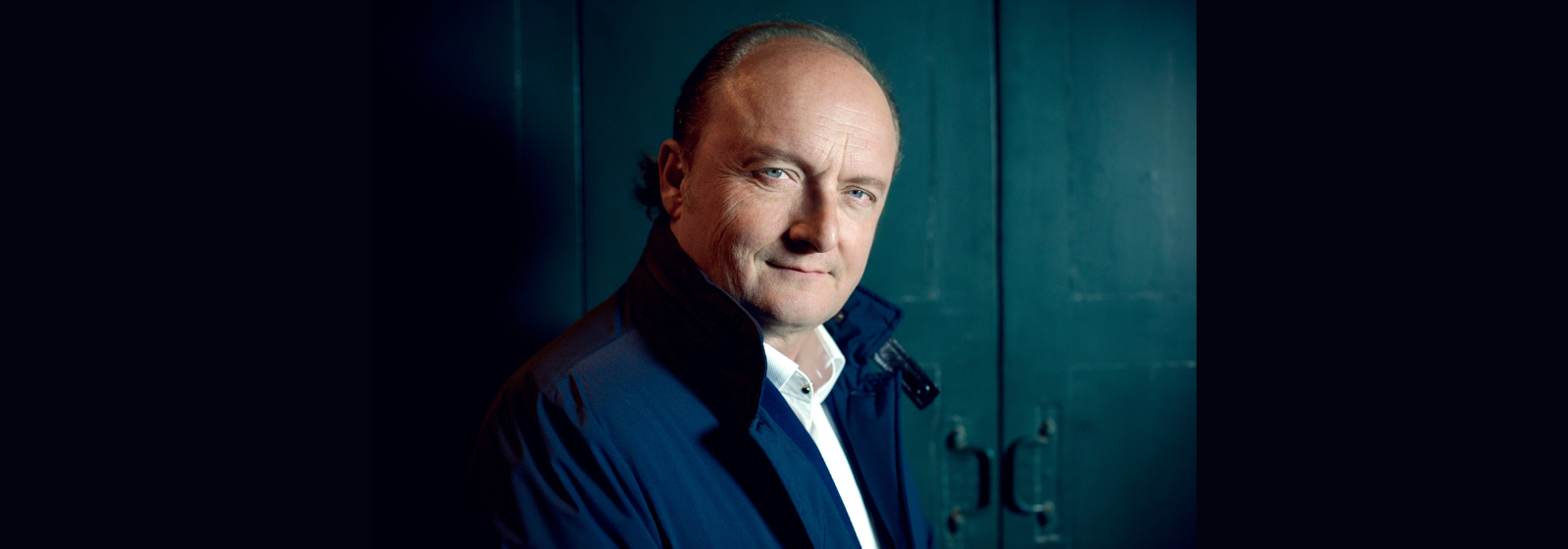
Budapest
MOZART, PASCULLI, SCHUBERT – FRANÇOIS LELEUX
Ferencsik season ticket 5
Wolfgang Amadeus MOZART: Symphony No. 36 in C major (“Linz”), K. 425
Antonio PASCULLI: Oboe Concerto on themes from Donizetti’s La Favorita
***
Franz SCHUBERT: Die Zauberharfe: Overture in C major, D 644 (Rosamunde)
Franz SCHUBERT: Symphony No. 5 in B-flat major, D 485
Hungarian National Philharmonic Orchestra
Conductor and featuring on oboe: François Leleux, Principal Guest Artist of the National Philharmonic
The delicate sound of the oboe never ceases to delight, even when the soloist is performing virtuoso flourishes, or when broad-ranging, lyrical melodies follow each other. The world-famous Frenchman François Leleux allows us to enjoy both when he plays the Oboe Concerto composed by Antonio Pasculli on the basis of themes from the Donizetti opera La Favorita. Leleux, a great favourite of the Hungarian National Philharmonic Orchestra audience, is not only a woodwind phenomenon, but also an excellent conductor. At the closing evening of the Ferencsik season ticket, we will hear him conduct Mozart’s “Linz” Symphony in C major, as well as Schubert’s Rosamunde Overture and Symphony No. 5 in B major.
François Leleux has been a returning guest of the Hungarian National Philharmonic Orchestra for many years and is always welcomed with open arms. The versatile Frenchman is not only one of the world’s best oboists, he is also an excellent conductor whose Budapest appearances always bring joy to the ensemble’s audience in both capacities. On his instrument, he will perform a piece written by the Italian oboe virtuoso Antonio Pasculli, who was born in the 19th century but died in the 20th. The Oboe Concerto was based on the themes of his Romantic-era compatriot Donizetti’s opera La Favorita and not only affords the soloist the opportunity to demonstrate a series of impressive turns on his instrument, it also gives him the chance to make his oboe sing in the spirit of Italian bel canto. As a conductor, François Leleux will lead the orchestra through Mozart’s “Linz” Symphony in C major in the first part of the concert, and Schubert’s Rosamunde Overture and Symphony No. 5 in B-flat major in the second. Those visiting the Liszt Academy on this evening can therefore expect invigorating and energetic moments throughout.
For decades now, François Leleux, a world-famous French oboe virtuoso and conductor, has been making an exceptional contribution at the vanguard of international classical music performers as a soloist, chamber musician and director of orchestral productions. The charm of his artistic identity – among many other virtues – stems in particular from his ability to forge connections with both his fellow musicians and music lovers with disarming poise and candour. We are proud to have welcomed him as a returning guest for many years, someone who has long felt equally at home stepping out in front of our orchestra with his instrument in hand or ascending the conductor’s podium. We are therefore delighted to announce that, in recognition of his artistic excellence and our inspiring collaboration spanning many years, François Leleux will perform with us as the Principal Guest Artist of the Hungarian National Philharmonic between the 2025/26 and 2028/29 seasons. We look forward with excitement to the many festive occasions that our continued collaboration will bring.

